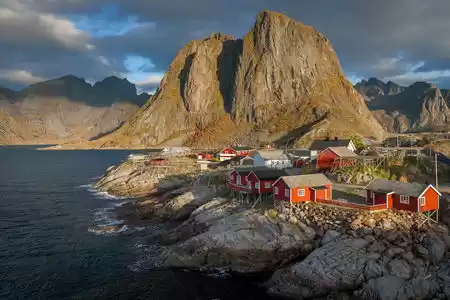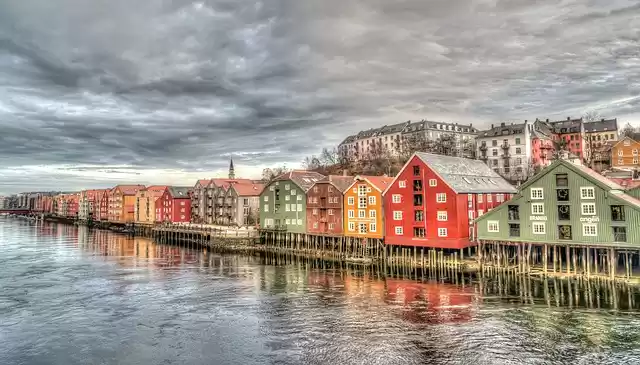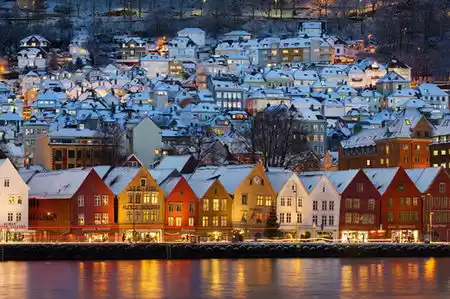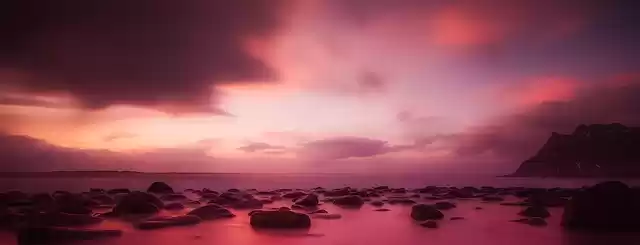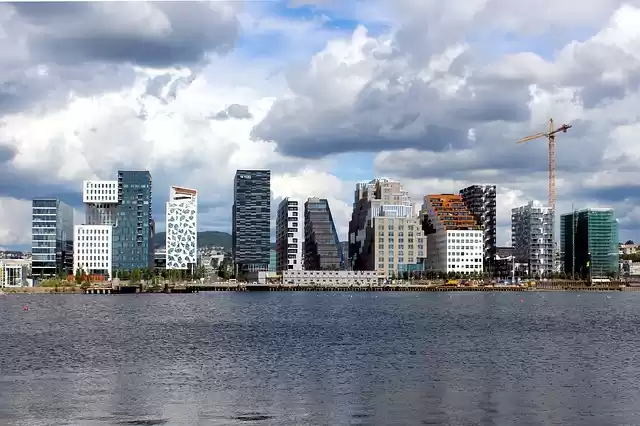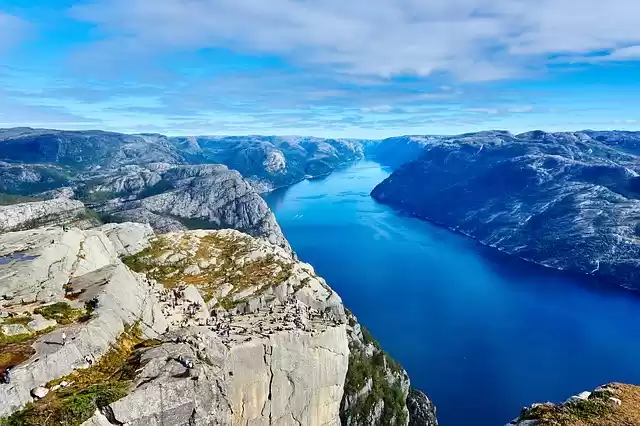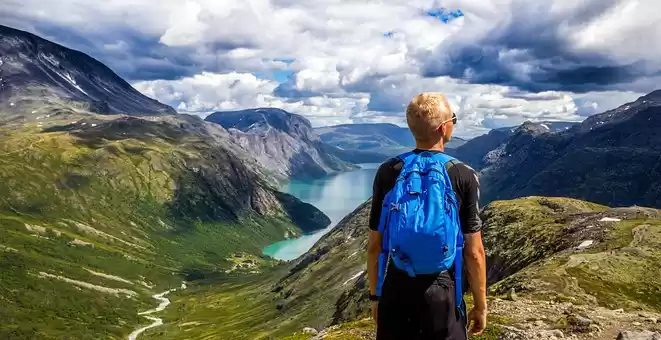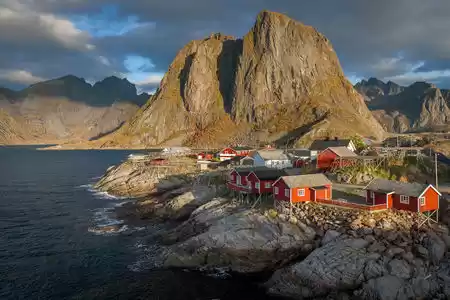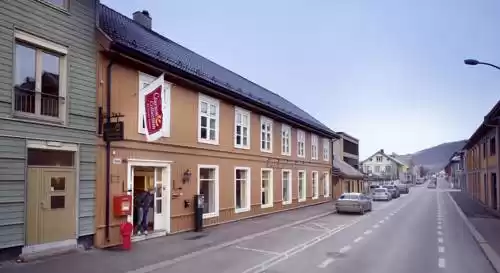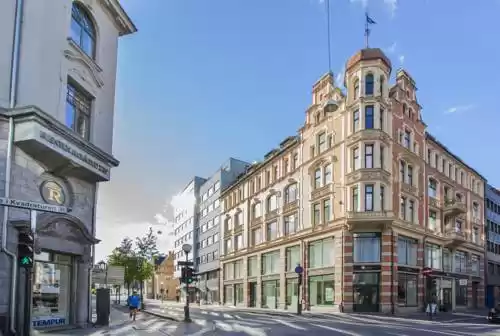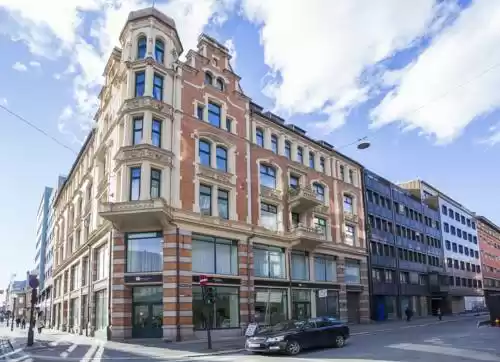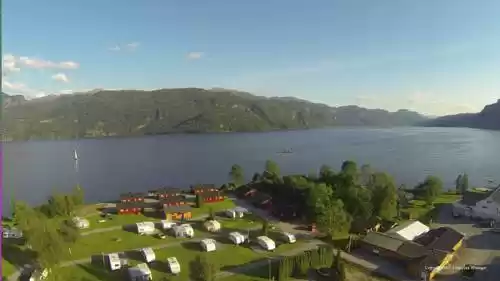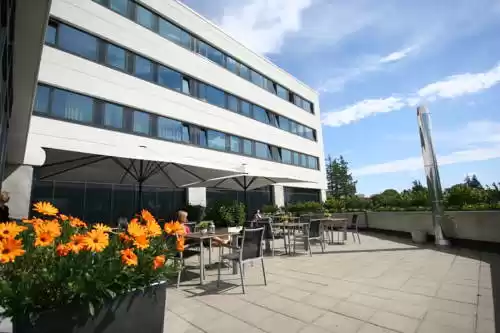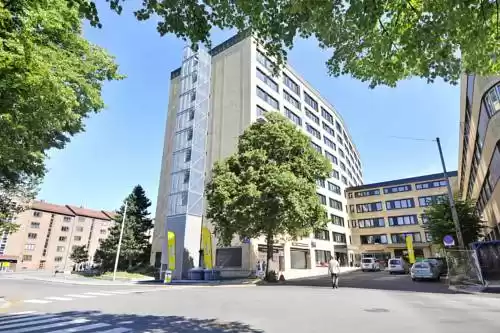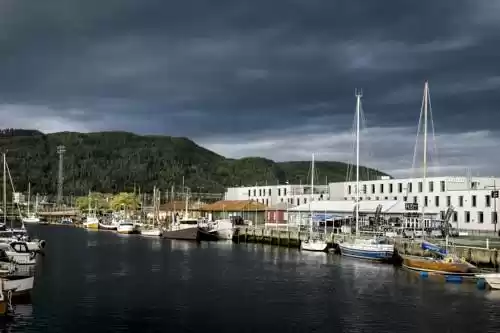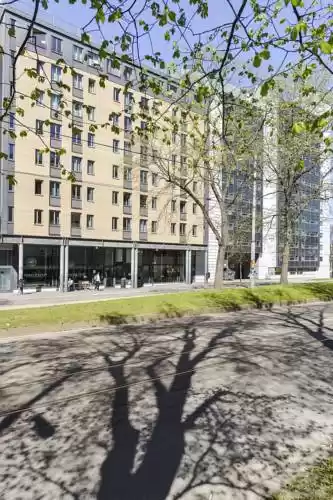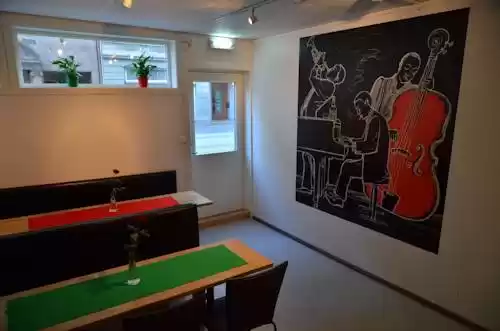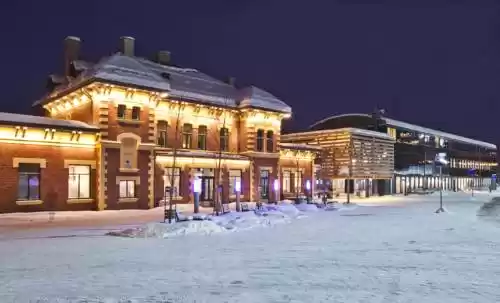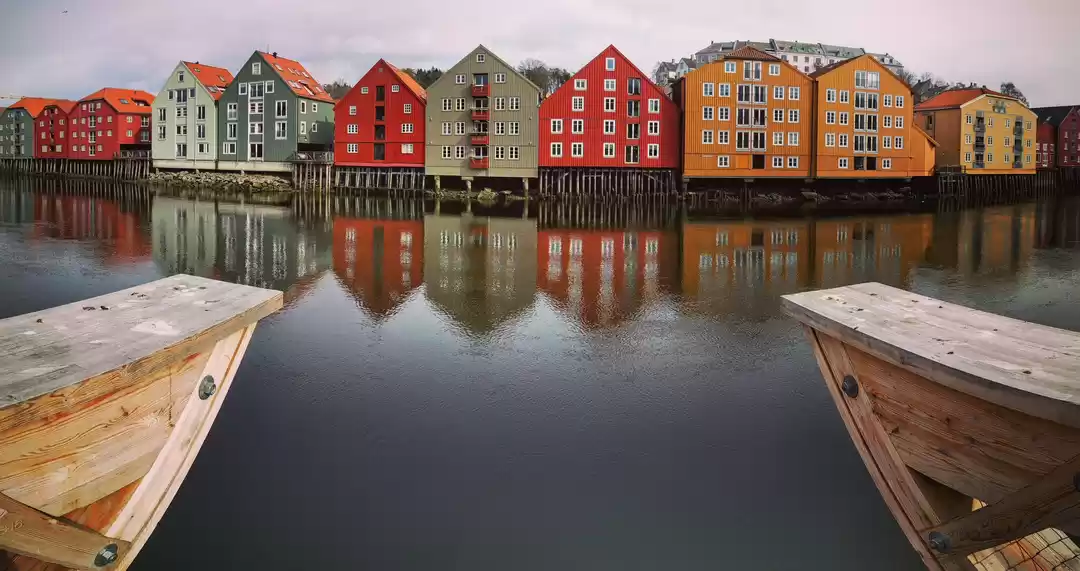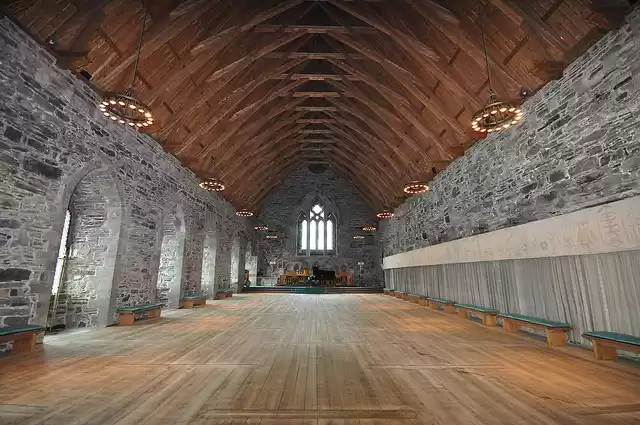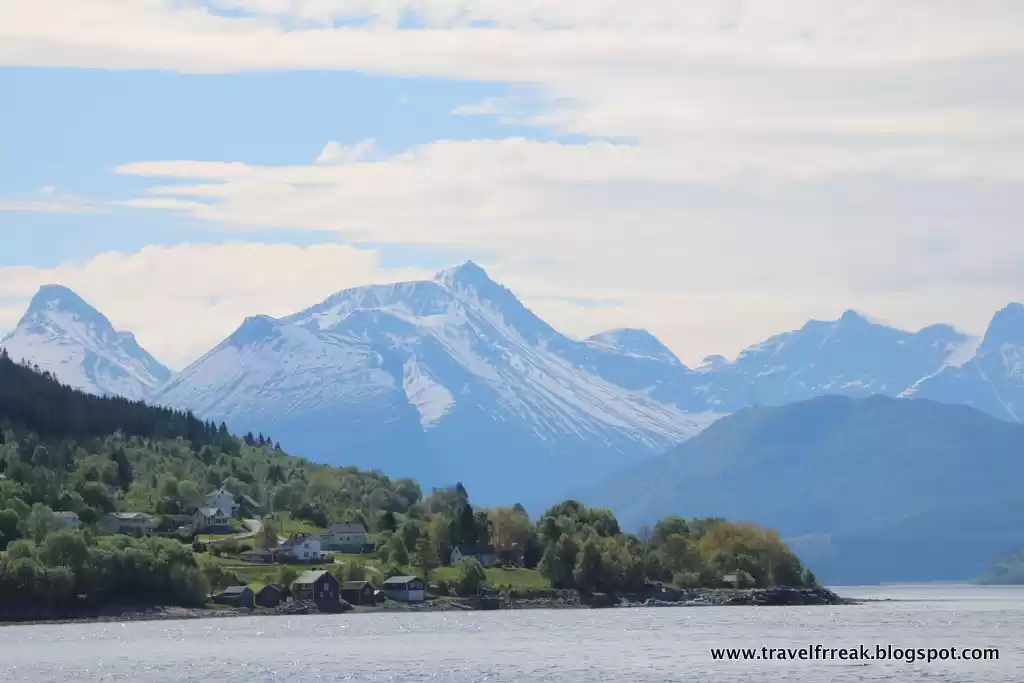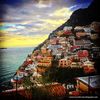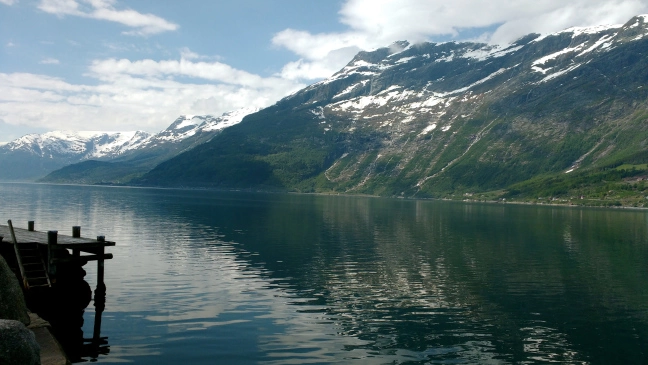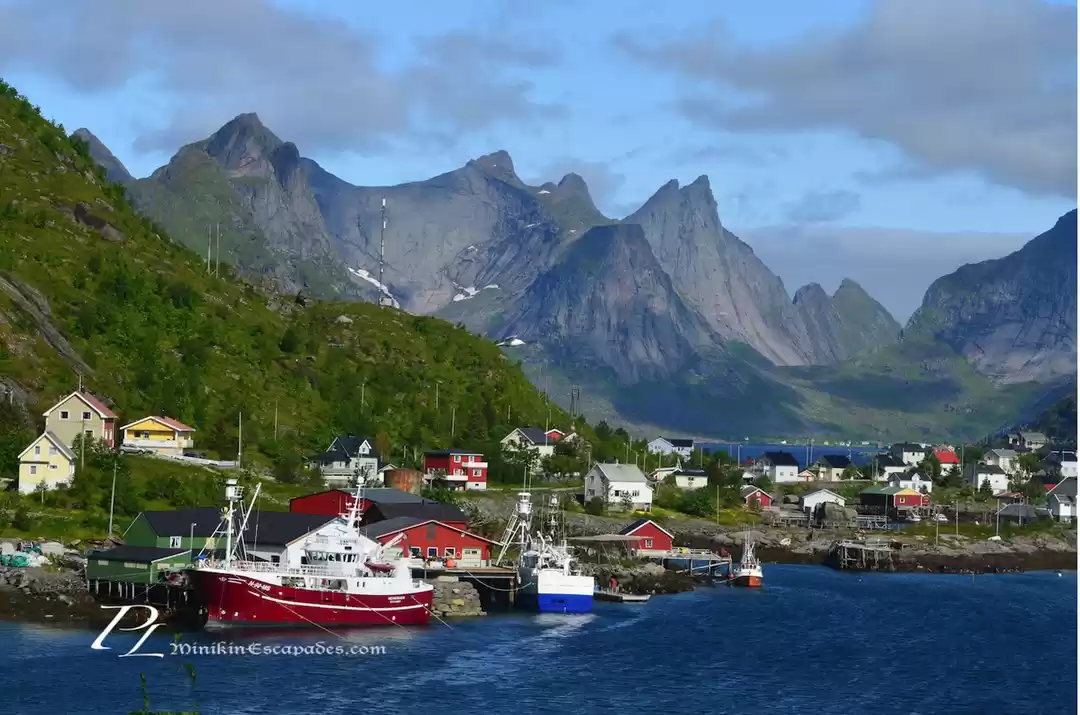Norway Tourism and Travel Guide
Norway (/ˈnɔrweɪ/ NAWR-way; Norwegian: Norge (Bokmål) or Noreg (Nynorsk), officially the Kingdom of Norway, is a sovereign and unitary monarchy whose territory comprises the western portion of the Scandinavian Peninsula plus Jan Mayen and the Arctic archipelago of Svalbard. The Antarctic Peter I Island and the sub-Antarctic Bouvet Island are dependent territories and thus not considered part of the Kingdom. Norway also lays claim to Queen Maud Land, a territory which is larger than Greenland, more than seven times the size of Norway proper, and about one-fifth of the Antarctic landmass. On most maps there had been an unclaimed area between Queen Maud Land and the South Pole until June 12, 2015 when Norway formally annexed that area. Until 1814, the Kingdom included the Faroe Islands (since 1035), Greenland (1261), and Iceland (1262), which was lost through the Treaty of Kiel. The Kingdom also included Shetland and Orkney until 1468, as well as the Hebrides and the Isle of Man from 1098 to 1266.Norway has a total area of 385,252 square kilometres (148,747 sq mi) and a population of 5,165,800 people (2015). The country shares a long eastern border with Sweden (1,619 km or 1,006 mi long). Norway is bordered by Finland and Russia to the north-east, and the Skagerrak Strait to the south, with Denmark on the other side. Norway has an extensive coastline, facing the North Atlantic Ocean and the Barents Sea.King Harald V of the German House of Schleswig-Holstein-Sonderburg-Glücksburg is the current monarch of Norway. Erna Solberg became Prime Minister in 2013, replacing Jens Stoltenberg. A constitutional monarchy, Norway divides state power between the Parliament, the King, and the Supreme Court, as determined by the 1814 Constitution. Between 1661 and 1814, Norway was an absolute monarchy, and before 1661, the King shared power with the Norwegian nobility. Traditionally established in 872 and a merger of several petty kingdoms, Norway is one of the original states of Europe and the third oldest European kingdom formed after the English and the French Monarchy. By the traditional count from year 872 The Kingdom has existed continuously for 1,143 years, and the list of Norwegian monarchs includes over sixty kings and earls.Norway has both administrative and political subdivisions on two levels, known as counties (fylke) and municipalities (kommune). The Sámi people have a certain amount of self-determination and influence over traditional territories through the Sámi Parliament and the Finnmark Act. Norway maintains close ties with the European Union and its member countries (despite rejecting full EU membership in two referenda), as well as with the United States. Norway is a founding member of the United Nations, NATO, the Council of Europe, the Antarctic Treaty and the Nordic Council; a member of the European Economic Area, the WTO and the OECD; and is also a part of the Schengen Area.The country maintains a combination of market economy and a Nordic welfare model with universal health care and a comprehensive social security system. Norway has extensive reserves of petroleum, natural gas, minerals, lumber, seafood, fresh water, and hydropower. The petroleum industry accounts for around a quarter of the country's gross domestic product. The country has the fourth-highest per capita income in the world on the World Bank and IMF lists, as well as ninth-highest on a more comprehensive CIA list. On a per-capita basis, it is the world's largest producer of oil and natural gas outside the Middle East. From 2001 to 2006, and then again from 2009 to 2014, Norway had the highest Human Development Index ranking in the world. Norway has also topped the Legatum Prosperity Index for the last seven years.

